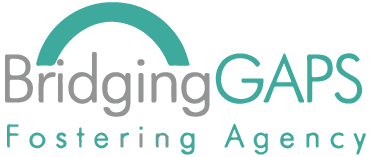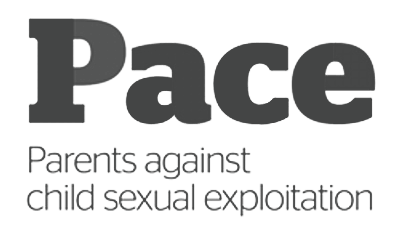AQA Credits
Bridging Gaps Fostering Agency has access through their sister company – Life Long Learning Centre to a National Membership with AQA (the Assessment and Qualification Alliance – National Centre No. 12955) and working together with Tree of knowledge to help Children / Young People and adults share knowledge and become more enterprising in their education and personal development.
The AQA Unit Award scheme is fully approved by QCA as a scheme for recording achievements which recognises the achievements of students of all abilities in all non – qualification contexts.
Accreditation of achievement of students follow unit based AQA Entry Level qualifications.
The schemes flexible nature and the ongoing facility to reward and celebrate success, make it an ideal vehicle for raising self esteem, improving motivation, supporting lifelong learning, promoting inclusion and developing Independent Living Skills.
There are units for everyone, including traditional areas of study, work related learning, key skills, citizenship, P.E/ Sport, outdoor Education, leisure and crafts. The majority of the units are written by Centres. Bridging Gaps Fostering Agency are in the process of writing their own units that are specifically based on topics relating to all aspects of foster care, including life skills, moving on, family life, confidence building, speaking skills, sharing information, what the impact of praise is, Drama, Art, ICT, community culture and work (communication, languages, religion, culture, religious hygiene, individual morals and beliefs, embedding literacy and numeracy into Information Technology).
How the scheme is used?
The scheme can be used with students of all ages and abilities, from pre-Key Stage 4 to mature students, and from students with profound and multiple learning difficulties through to those studying at degree level.
Work has also begun to allocate a level to each unit (mapped to level descriptors of the National Qualifications Framework) and to indicate the national learning time involved.
Certification
When a student successfully completes a unit he or she is issued with a Unit Award Statement.
The Unit Award Statement specifies:
The title of the unit
The outcome the student has demonstrated in successfully completing the unit
The student’s personal details.
It is issued promptly on completion of the unit.
Anyone reading a Unit Award Statement – whether a parent / carer, school governor, training provider, employer, college admissions tutor or the student – can see exactly what has been achieved.
When a student’s involvement in the scheme ceases, a Letter of Credit is issued by AQA listing the titles of all the units achieved.
Both the Unit Award Statement and the Letter of Credit can be included in a student’s record of achievement.
Quality Assurance
Quality assurance is provided through the role of the AQA Assessor who is responsible for monitoring the operation of the Scheme.
The scheme is included in the National Framework of Awards in Non-Formal Educational Settings which is published by the National Youth Agency on behalf of the Network of Accrediting of Young People's Achievement, of which AQA is a member. The Network has developed and adopted a set of quality assurance guidelines for all awards in the Framework.
Benefits to Foster placements
The Unit Award Scheme:
Provides an effective tool in planning the delivery of tasks / activity.
Offers a simple and effective means to structure programmes of work or activity by providing clear objectives and processes
Is a means of showing progression
Provides external certification of a wide range of activities and areas of work for which more traditional methods of certification are inappropriate or unavailable
Provides an excellent means of delivering units from AQA’s unit-based Entry Level qualifications.
Benefits to the Learner
The Unit Award Scheme approach offers a number of benefits to the learner:
The outcomes of each unit provide the student with clear, short term, achievable targets.
Regular feedback on progress is given through the prompt issue of a Unit Award Statement, enabling success to be celebrated quickly, at any time of year.
Units can be followed which meet the particular needs of the learner.
External recognition of achievement is provided for the learner who may not otherwise receive this, such as a student not at a centre for very long or with special needs.




